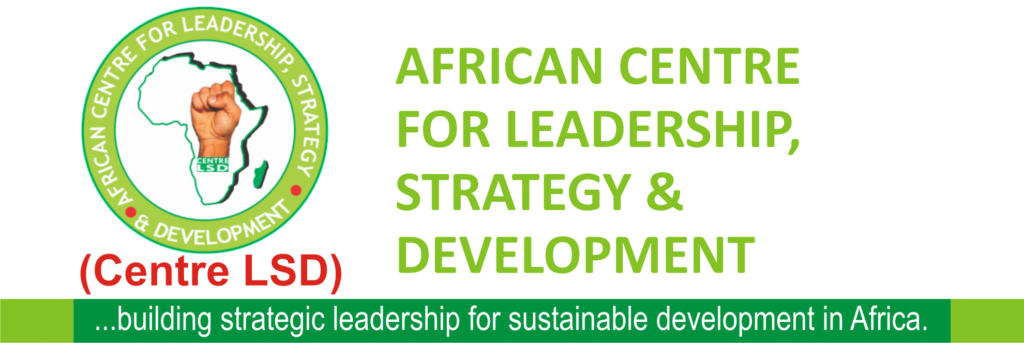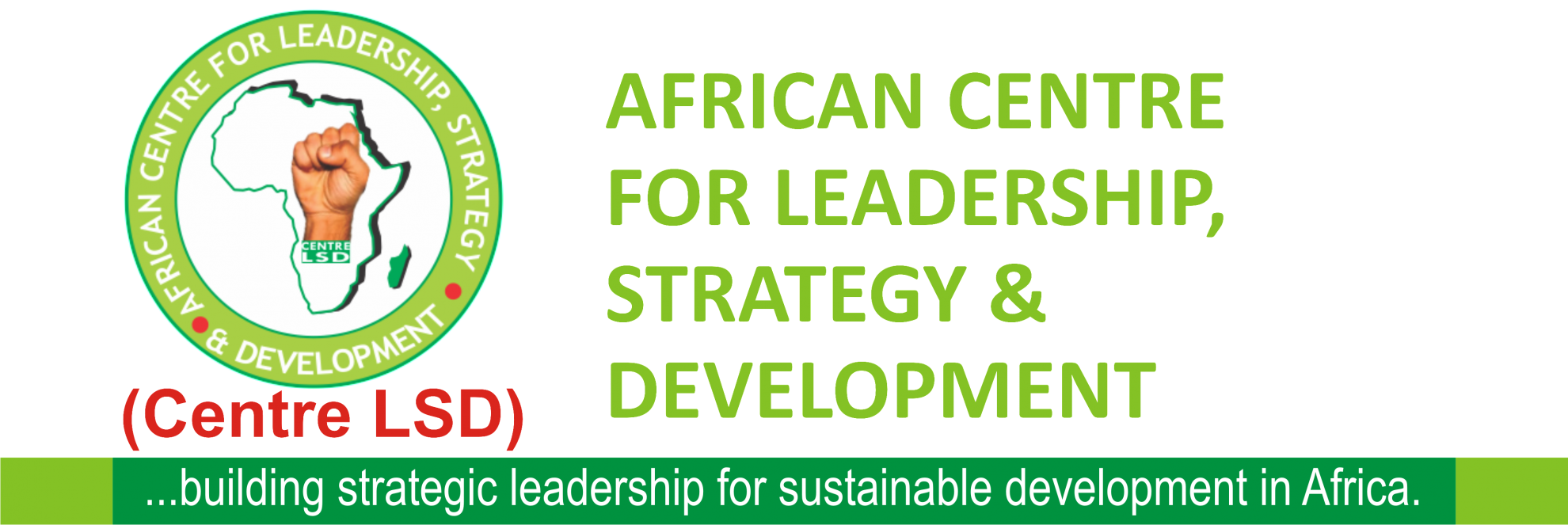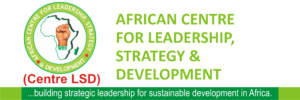Good Health System: Covid-19 has no cure and no vaccine to prevent it at the moment. The only way to treat is to manage the symptoms before self-resolution. In order to do this requires a good health system with qualified and motivated personnel, equipment and institutional capacity. It has been pointed out that the relatively low casualty figures from Germany can be attributed to a good health system.
Testing and Treatment: Response to the pandemic depends on how quickly you can detect the disease and manage those that have been infected. This requires the availability of test kits, personal protective equipment (PPE) and ventilators. It is important to note that individuals at the highest risk for severe disease and death include people aged over 60 years and those with underlying conditions such as hypertension, diabetes, cardiovascular disease, chronic respiratory disease, and cancer.[i] In addition, Covid-19 is a new disease and key knowledge gaps remain including the source of infection, pathogenesis and virulence of the virus, transmissibility, risk factors for infection and disease progression, diagnostics, clinical management of severely and critically ill patients and the effectiveness of prevention and control measures.[ii]
Prevention and Control measures: This involves health education especially on hygiene, restriction of movement and social distancing. The hygiene requirement is to wash hands with soap and water for at least 20 seconds and clean hands with alcohol-based sanitizers. In addition, anyone who coughs, or sneezes should do it into the elbow or use tissue paper. The social distancing requirement is to stay at least one metre or more away from people. It has been documented that learning from the experience of China, three countries (Singapore, Taiwan and Hong Kong) were able to bring their outbreaks under control through prevention and control measures.[iii] It is instructive that these three countries have close links with mainland China. The first infections (index cases) were all imported from China on 21st January 2020 for Taiwan and 23rd January 2020 in Hong Kong and Singapore. All three governments implemented prevention and control measures including:
Travel restriction: to reduce arrival of new cases into the community.
Quarantine: to prevent transmission from known cases to the local population and Self-isolation, social distancing and hygiene: to suppress transmission in the community through contact.
With these measures, the three countries were able to interrupt the chain of disease transmission.
In Nigeria, the first case was on 27th February 2020. An analysis of the three ways to deal with the disease will give an indication of where the authorities should put emphasis. In terms of health system, Nigeria does not have a good and strong health system. According to World Health Organisation (WHO), a strong health system has a robust financial structure, well remunerated and trained workforce, sufficient and highly maintained facilities, logistics for medicine, vaccines and technologies and a reliable and updated health information system.[iv] But studies of the health system in Nigeria show poor state of health facilities, sub-optimal management of common diseases and high rates of medical tourism.[v] The end result is that the quality of health care services in Nigeria is poor.[vi] The Covid –19 pandemic should be an opportunity to strengthen the health care system in Nigeria. This will include among other things increased budgetary allocation to health; improvement of health care services; supply of quality medicines including improved local manufacture; radiological and diagnostic equipment and materials; strengthening of health institutions at primary, secondary and tertiary levels; and provision of human resources in the right mix with proper supervision. If all of these are done, it will lead to proper testing and treatment. Unfortunately, as at the end of March 2020, only seven testing laboratories and 25, 000 test kits were available to service a population of about 200 million people in Nigeria.
It is clear from the above that Nigeria does not have a good and strong health system and there is inadequate capacity for testing and treatment. There are insufficient testing kits, ventilators and personnel protective equipment (PPE). Therefore, emphasis need to be placed on prevention and control. For the entire response to be effective requires leadership which will be the focus of our next discourse.


